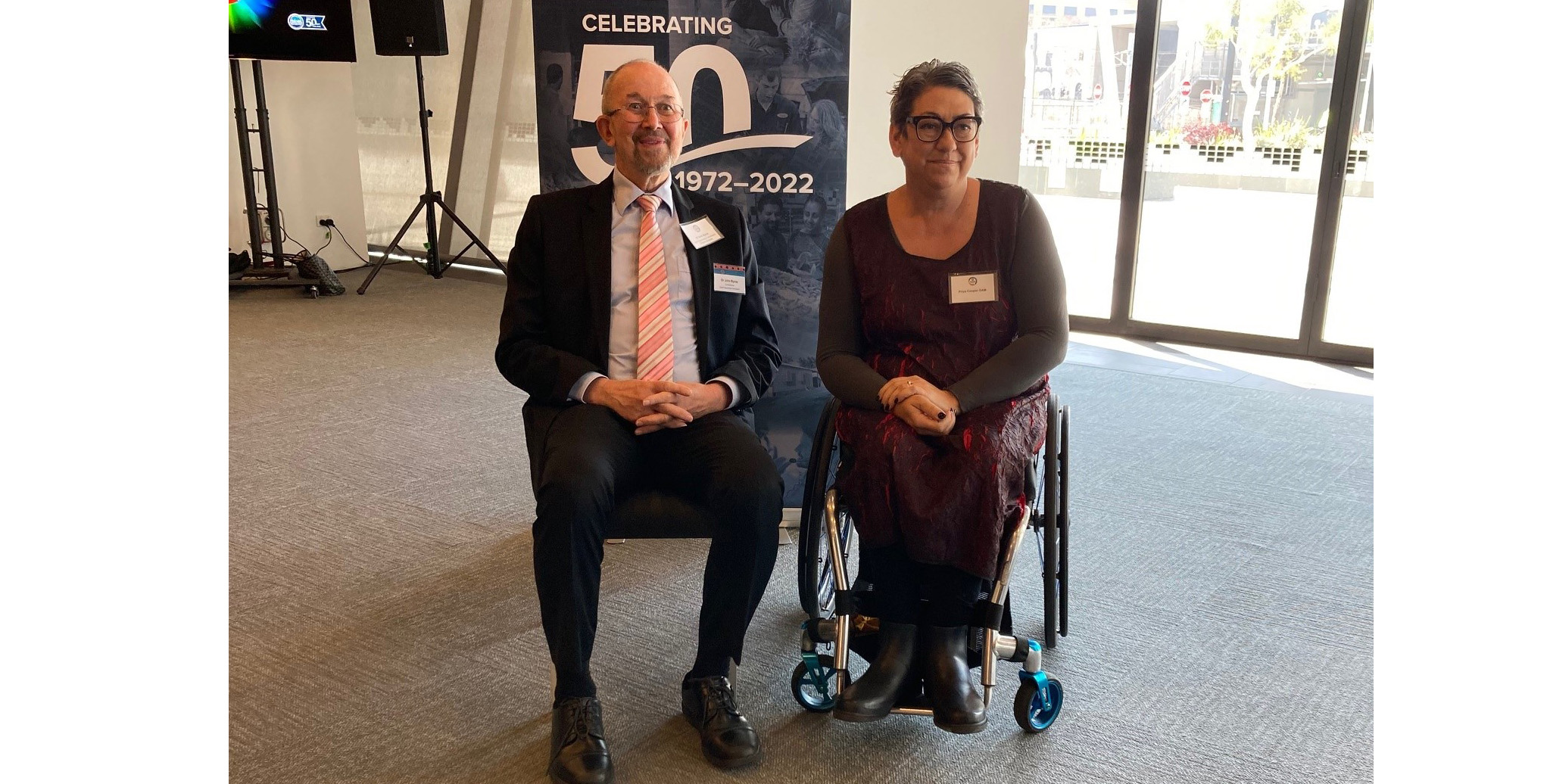
WA Commissioner for Equal Opportunity Commission Dr John Byrne and Paralympian Priya Cooper both spoke at the forum.
Dr Byrne said in his lifetime the two most significant changes to empowering consumers with a disability were the Equal Opportunity Act 1984 and requirements for publicly funded services to have a Disability Access and inclusion Plan (DAIP).
"These changes, combined with community education, have significantly improved access to goods and services by people with disabilities, although there is more that needs to be done," he said.
Dr Byrne said DAIPs go a long way, but needed to be reframed so that people with disabilities obtained the same service outcomes as the rest of the community.
He also said DAIPs should include prevention of disability.
Dr Byrne said a Law Reform Commission report found over 85 percent of Aboriginal prisoners had a serious hearing impairment.
"The main cause of hearing impairment in Aboriginal people is glue ear in childhood also called otitis media, which is easily treated if detected and treated early, however delays in treatment are causing hearing loss in Aboriginal people," he said.
Dr Byrne also said consumers could not be empowered without employment.
"The disability pay gap is over twice the well-known gender pay gap," he said.
He said people with an obvious disability complain about bias in selection panels; however the Equal Opportunity Act 1984 currently places the onus of proof on the complainant.
"Everyone who has been involved in a selection process will recognise how difficult it is for an applicant to prove discrimination," Dr Byrne said.
Dr Byrne said one of the recommendations in the Law Reform Commission's recent Equal Opportunity Act 1984 Review report is that, once a complainant has established an arguable case of discrimination, the employer will need to persuade a tribunal or court that they did not discriminate," he said.
He said employees also need to set targets for diversity and use the techniques that has worked for increasing women in senior management.
"One way to achieve this is to add an extra person to the selection process once an applicant with a disability has been found to meet the selection criteria," he said.


